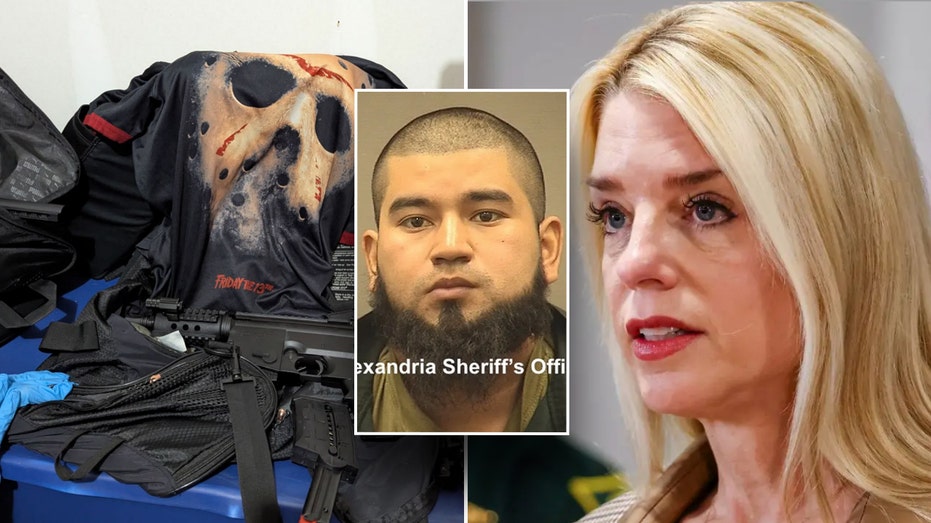
DOJ Moves to Dismiss Case Against Henrry Josue Villatoro Santos
The U.S. Department of Justice (DOJ) has taken a significant step by requesting the dismissal of charges against 30-year-old Henrry Josue Villatoro Santos, a Salvadoran national accused of leading the notorious MS-13 gang while residing in Virginia. The decision comes as Santos is set to be deported back to El Salvador.
Imminent Deportation of Alleged MS-13 Leader
As per court documents, Santos faced various accusations linked to his alleged involvement with MS-13, a violent gang that has been notorious for its criminal activities across the United States. However, with the DOJ’s recent motion, it appears that these charges may no longer hold as both parties await the court’s decision.
Santos’s case has raised numerous concerns regarding public safety and immigration policies in the U.S. His deportation takes precedence, suggesting that the federal government may prioritize his removal over pursuing criminal charges.
Background of the Accusations
Originally apprehended in Virginia, Santos was accused of holding a leadership position within MS-13, a gang primarily composed of Central American immigrants. The DOJ’s initial case against him suggested he was deeply involved in orchestrating criminal activities on U.S. soil.
- Gang Operations: Santos was linked to various criminal exploits including extortion, drug trafficking, and violent crimes.
- Federal Investigations: His activities brought him under the federal spotlight, leading to multiple charges of conspiracy.
Legal Implications of Dismissal
If the court approves the DOJ’s motion to dismiss, it would mark a pivotal event in Santos’s legal journey. Legal experts are weighing the implications of such a dismissal, especially concerning the DOJ’s approach to gang-related crimes. Moreover, it could set a precedent for how similar cases are handled in the future.
Critics argue that dropping the charges could signal leniency towards gang leaders and instill fear within communities plagued by gang violence. Public safety advocates express concern that such decisions may allow alleged criminals to escape accountability.
Response from Officials
Local law enforcement and community leaders are closely monitoring the situation as Santos’s deportation continues to unfold. The determination of the DOJ reflects broader debates surrounding immigration reform and public safety.
The intersection of immigration law and criminal justice presents a complex challenge. On one side, advocates for the immigrant community argue for fair treatment and due process; on the other, those in favor of stricter measures seek to ensure that individuals involved in criminal organizations face consequences.
Conclusion: What’s Next for Santos?
As the legal proceedings progress, it remains to be seen how this case will influence future actions against gang affiliates in the U.S. The decision to dismiss the case against Santos highlights critical questions surrounding the judiciary’s role in managing gang violence while navigating the federal immigration system.
Citizens await further developments, recognizing that Santos’s case could impact not only his future but also broader discussions on gang violence and immigration policies. The DOJ’s direction could redefine how the U.S. manages such cases moving forward.
Reference: [Source: Fox News]
